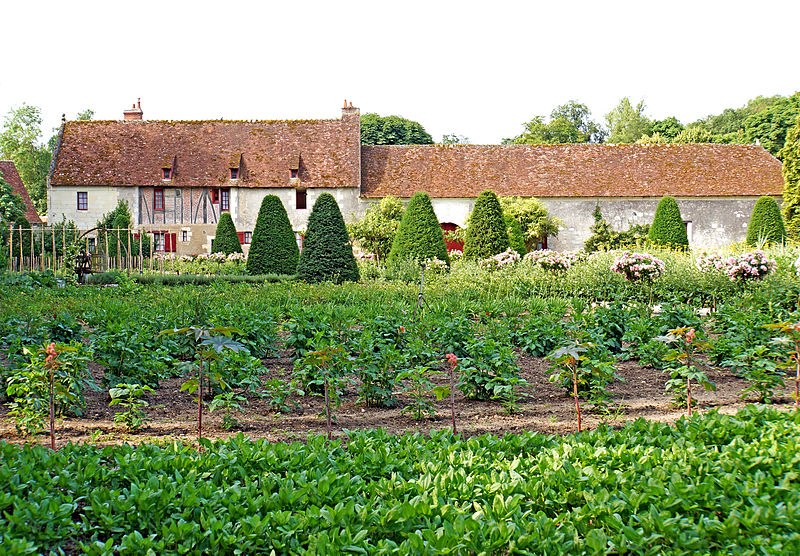
As French farmers mobilize and drive their tractors toward Paris in a series of intensified protests, the media is quick to label it a rural revolt. However, it's crucial to note that not all farmers are
united in this movement, as some ordinary producers voice their grievances about being sidelined by unequal subsidies and environmental rule-flouting factory farms.
Since last fall, banners proclaiming messages like "We're on our knees," "Farmers in revolt," and "Everything's upside-down" have proliferated across rural France, especially along main roads. While the official agroindustry associations, FNSEA (National Federation of Agricultural Holders' Unions), and Jeunes Agriculteurs attempt to shape the movement's direction, it appears to be slipping out of their control. The protests, now evolving into a blockade of Paris, highlight the hypocrisy of these associations, which claim to defend farmers while perpetuating a failing model.
Roots of the Anger The farmers' anger stems from various sources, including their struggle to make ends meet, frustration with bureaucratic hurdles, opposition to free-trade agreements, and resistance to what they perceive as overly restrictive environmental standards. While the FNSEA and Jeunes Agriculteurs try to steer the movement, it reveals the disconnection between these associations and the grassroots farmers they claim to represent.
Farmers have been staging various protests, from tractor processions and manure dumpings to actions like "free shopping cart" events and protests against supermarkets accused of profiting excessively. Despite the intensity and spectacle of recent actions, the national media initially gave minimal coverage to the protests, perhaps due to Paris being unaffected and a certain disdain for rural communities.
The government's unusual eagerness to negotiate with farmers contrasts with its typical approach to social movements, characterized by demonization and repression. Despite some violent incidents during the protests, such as throwing projectiles at police officers, the government has shown leniency, urging law enforcement to exercise "great moderation."
Factors Influencing Treatment The treatment of these protests can be understood through several factors. Farmers, embodying the image of hardworking rural France, enjoy widespread public sympathy, with 82 percent supporting the movement, according to a recent poll. Farmers, though fewer in number today, still hold valuable votes across the political spectrum, making them politically significant.
Farmers are a challenging group to repress, given their close ties with local law enforcement and their formidable tractors, which provide protection during confrontations. Additionally, many farmers are hunters and legally armed, further complicating any potential repression.
The government's amicable relationship with the major farmers' unions, FNSEA and Jeunes Agriculteurs, plays a crucial role. These unions share a vision of intensive production and export-oriented agriculture, aligning with Macron's government's goals for mechanization and digitization to enhance productivity. The close ties between the government and these unions are evident in their collaborative efforts during previous reforms and initiatives, furthering the government's willingness to negotiate.
Farmers' Grievances Despite the attempt by FNSEA and Jeunes Agriculteurs to shape the narrative, the current movement reflects the genuine grievances of farmers who find it challenging to sustain themselves despite their tireless efforts. While food prices have surged, farmers have not reaped the benefits, as industrialists, supermarkets, and traders capitalize on rising agricultural prices. The food industry's gross margin has increased significantly, reaching 48 percent, while farmers often sell their produce at a loss, especially in the case of milk.
Farmers face challenges not only from unfair pricing but also from upstream suppliers of agricultural essentials, such as plant protection products, fertilizers, seeds, and equipment, which have substantially increased their prices. As small farmers struggle with an untenable economic equation, they are subjected to a wave of free trade, intensifying competition from Spain, Germany, Poland, and, more recently, New Zealand and South American countries.
The impact of free-trade agreements, such as the one with New Zealand, raises questions about ecological priorities, importing produce from the other side of the planet amid an ecological emergency. The EU's plans to remove customs barriers with Mercosur countries further expose French farmers to competition from factory farms in Brazil and Argentina, which employ practices banned in Europe.
The protests and blockades are not just about immediate economic challenges but also reflect deeper frustrations with a failing agricultural model and unequal treatment within the industry. While the government attempts to negotiate and address concerns, the movement's trajectory remains uncertain, signaling a broader disconnect between farmers and the institutions claiming to represent their interests. Photo by Dennis Jarvis from Halifax, Canada, Wikimedia commons.



































